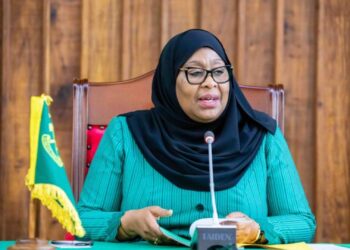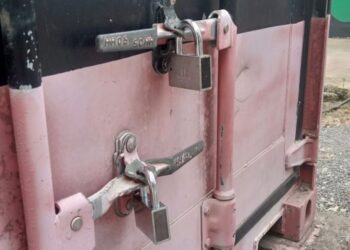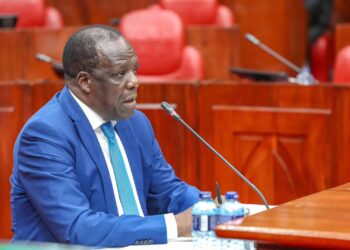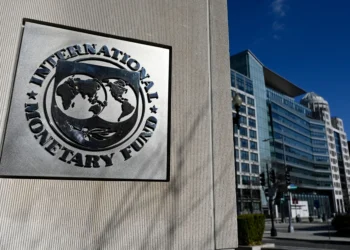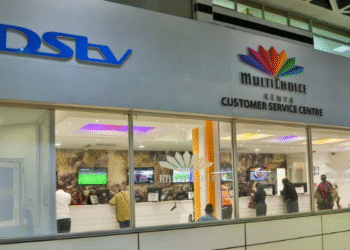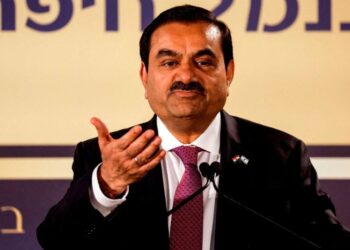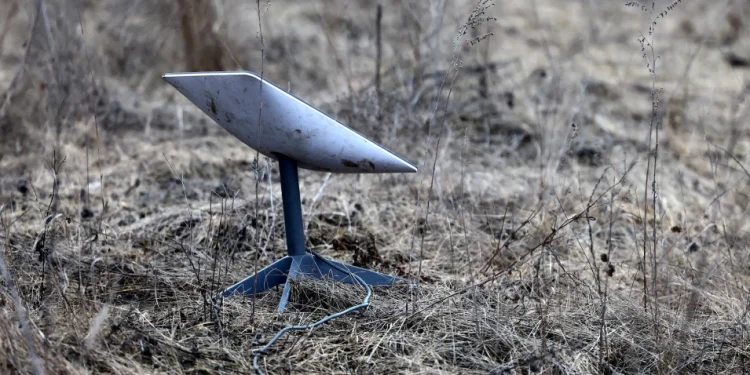Starlink, owned by X founder Elon Musk, announced on Thursday that its more affordable Mini version is now available in Kenya. Its prices have been reduced by half.
In July 2023, Starlink made its debut in Kenya. Since then, the company has been providing internet packages at more affordable prices and with improved speeds. However, the high cost of its gear has discouraged many prospective customers from purchasing it.
In June, Elon Musk, the wealthy tech giant who owns Starlink, responded to a Kenyan’s question on X by stating that the price of Starlink Mini “will be about half the standard terminal price and available later this year.”
The company has now announced that the Starlink Mini kit will cost Ksh. 27,000, with monthly subscriptions beginning at Ksh. 1,300.
In comparison to the Starlink Standard, the Starlink Mini is shorter and more portable than its larger counterpart.
The standard covers up to 297 square meters, can withstand harsh weather and environmental conditions, and is suitable for streaming video conversations and gaming.
Mini provides coverage up to 112 square meters, making it ideal for basic internet applications in both stationary and mobile settings. Standard coverage is up to 297 square meters.

For comparison, Starlink Mini is capable of connecting up to 128 devices, while Standard is capable of supporting up to 235 devices.
Moreover, the Starlink Mini has built-in WiFi while the Starlink Standard comes with a Gen 3 WiFi router.
The Starlink kit originally cost Ksh. 74,000, but as it became available for purchase at retail chain stores like Carrefour and online marketplaces like Jumia, the price gradually dropped.
The business announced earlier this year that they would be offering to cut the hardware price to as low as Ksh. 39,500. The company offered another bargain a month ago, selling the equipment for Ksh. 29,000.
The satellite Internet service provider (ISP) offered a kit rental option in Kenya. Customers will be required to pay a one-time activation charge of Ksh. 2,700 in order to take advantage of this option.
After that, one will be required to pay a monthly hardware rental charge of Ksh. 1,950, while the service plans begin at Ksh. 1,300 per month for a data plan that is suitable for 50 GB per month. Customers continue to receive internet speeds of up to 200 Mbps in the same manner.
Safaricom recently sent a letter to the Kenyan government, requesting that it reconsider its decision to award licenses to satellite internet providers. People interpreted this letter as an open protest against Starlink’s entry into the local market.
The company, which holds a 36.7% share of the local fixed broadband internet market, is requesting that the Communications Authority of Kenya (CA) reconsider its decision to grant independent licenses to satellite service providers.
The company is also warning of the dangers of illegal connections and what it refers to as harmful interference to mobile network operators (MNOs).
Safaricom demanded a public response from Kenya’s Communication Authority, but they did not provide one.
According to President William Ruto’s statements earlier this week, the arrival of Starlink in the Kenyan market has resulted in more competition, which has led to the current businesses providing superior services.
This past week, Safaricom announced improved internet speeds, as well as a new Platinum plan that offers 1 GB per second and costs Ksh. 20,000.
